Summer Research Experience for Teachers
- 2022 SRET Session
- 2021 SRET Session
- 2020 SRET Session
- 2019 SRET Session
- 2018 SRET Session
- 2017 SRET Session
- 2016 SRET Session
Mission
To strengthen teaching through
intensive summer research collaborations
among PreK-12 teachers, university professors, and
Ph.D. and undergraduate students
Program
Since 2016, CTI has conducted the Summer Research Experience for Teachers (SRET). This program expands the impact of CTI’s powerful university-school partnerships by placing Charlotte-Mecklenburg Schools teachers in university research environments. Year 1 of the SRET placed 10 teachers in two research labs with the support of faculty and four graduate students. Year 2 supported 14 teachers in four research labs with faculty and five graduate students. Partially supported by an NSF supplement for graduate student career growth, a key SRET focus then was to engage teachers in university-level research alongside graduate students and scientists. Teachers not only conducted university-level research, but developed new curricula for their own students in collaboration with the graduate students, to be implemented in their classrooms in the Fall following their participation, with graduate students assisting in those classroom implementations. In 2018, CTI’s SRET program involved 17 CMS teachers in eight university research projects with faculty in five science laboratories and two humanities projects. In 2019, UNC Charlotte, Johnson C. Smith University, and Queens University are hosting seven teachers in five laboratories (engineering, computing and informatics, chemistry and environmental science). In 2020, UNC Charlotte’s Janaka Lewis, Ph.D., hosted six SRET Fellows centered on her research project titled, “Mothering Earth: Black Women, Personal Wellness, and Land Justice.” In 2021, Dr. Lewis was back this time focused on a research project titled, “Stories of Education and Integration in Charlotte and across the South,” for five SRET Fellows. In addition, Tracy Brown-Fox, Ph.D., in Chemistry at Johnson C. Smith University hosted two SRET Fellows who did scientific research on human and synthetic hair. To date, 61 CMS teachers in grades PK-12th have completed SRET projects since 2016, including 35 poster presentations in 19 different research team experiences.
Product
At the conclusion of each SRET session, each research team creates a professional poster to present at UNC Charlotte’s university research symposium in late July, and at CTI’s SRET Poster Session in September. The poster is created collaboratively with teachers, students and faculty mentors using conventions and approaches from the particular scholarly discipline. Teachers then bring the posters back to their schools to share with colleagues and students as a tool to inspire future research and develop new aspiring scientists.
Outcomes for University Professors
- Improve confidence and self-efficacy in subject content and teaching, 21st century learning skills, and leadership attitudes
- Enhance mentoring skills centered on historical, literary and scientific techniques and communication
- Advance research agenda through collaboration with teachers
Outcomes for PK-12 Teachers
- Improve confidence and self-efficacy in subject content and teaching, 21st century learning skills, leadership attitudes, and career awareness
- Develop a deeper understanding of best practices in historical, literary, and scientific research
- Explore the research process, including creating research questions and consulting literature
- Conduct hands-on research projects in a university environment
- Analyze and present data in an effort to draw conclusions
- Develop a plan for sharing research experience with students and colleagues
Outcomes for Ph.D. and Undergraduate Students
- Improve confidence and self-efficacy in subject content and teaching, 21st century learning skills, leadership attitudes, and career awareness
- Develop mentoring skills centered on historical, literary and scientific techniques and communication
- Enhance historical, literary, and scientific communication skills through collaboration with teachers
- Help teachers create a plan to demonstrate cutting-edge research in the classroom
- Develop leadership skills in supporting an ongoing research project with multiple contributors
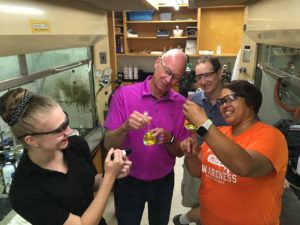
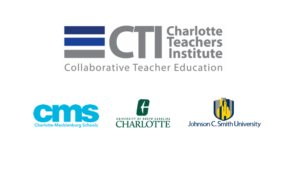


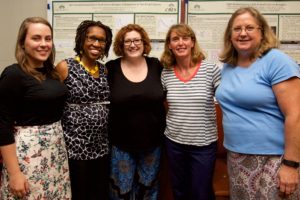
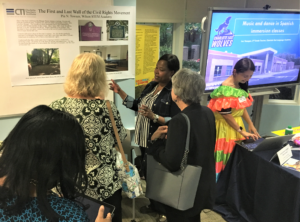
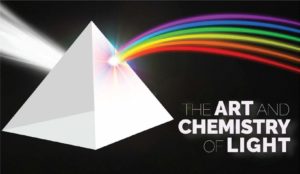




 Home
Home